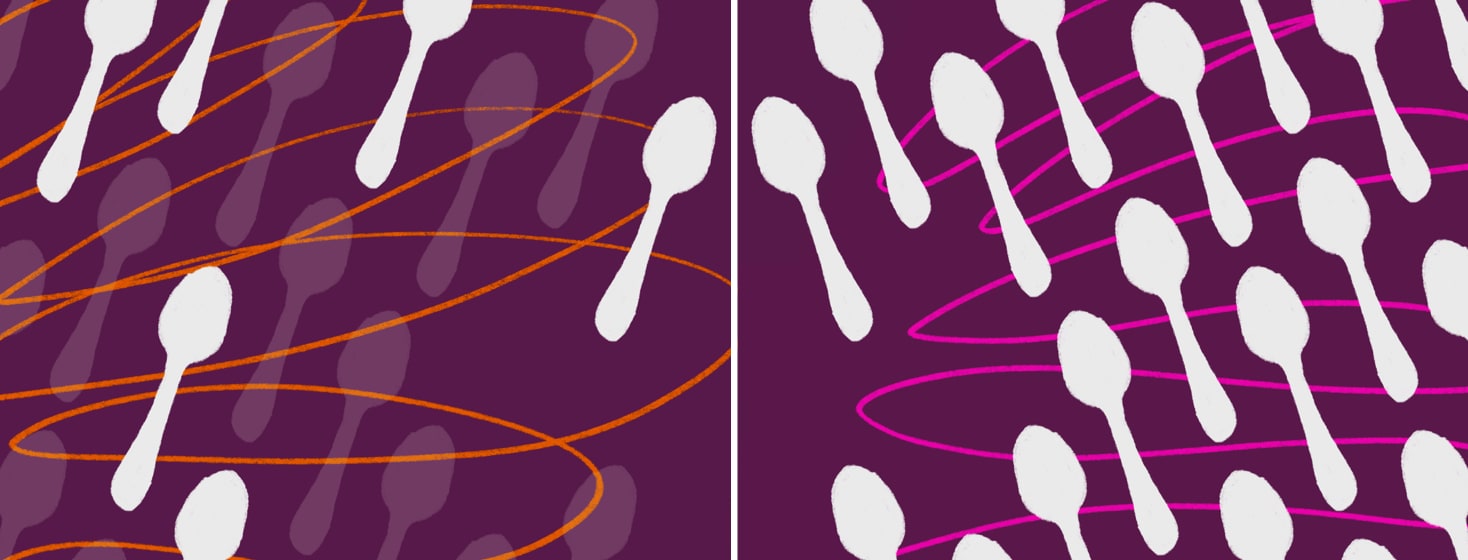Thief of Joy
Being chronically ill sometimes puts you in the mindset that you just aren’t doing enough.
Is it really that we’re not doing enough or is it that we are comparing ourselves to other people? People who are not necessarily living the life that we have under the circumstances of having chronic conditions? It is easy to succumb to such thoughts when you live with restrictive abilities and capabilities. When I was at my lowest with my chronic illnesses, I would feel this way. I would look at people and their lives and see what they were doing and feel inadequate. It was not the fact that I couldn’t physically do it, but I knew the repercussions of doing it would have on my body. It could be something that I could accomplish but if I accomplished it, there would be a price to pay. Living like this made me not want to do much.
Start a Forum
What is a spoonie?
Then I found the term spoonie. This term was created by a woman who suffered from chronic disabilities and conditions, and she made this term in order to describe to friends, family members and anyone who asked why she didn’t have energy for the things that she needed to do.
The spoon theory is a way for people with chronic conditions to explain their energy levels by measuring it with spoons. One may start the day with 10 spoons and each spoon represents an activity that takes energy away from them. So you use these spoons for the activities throughout your day and when you run out of spoon, you are out of energy. This was how the theory was designed to explain to people what it feels like being limited when you live a life with chronic conditions. We reach a certain point that we just cannot do more.
Comparison is the thief of joy
Having limited energy can be daunting on self-love and acceptance. These thoughts sometimes lead to comparing our lives to someone who isn’t necessarily dealing with the same things that we are. Comparison is the thief of joy. It is important to know that sometimes, even though it doesn’t feel like we are accomplishing a lot, we are accomplishing enough.
This or That
Are you satisfied with your current CKD treatment plan?
Something that has always helped me with accomplishing goals is to write them down. No matter how big, no matter how small, write your goals down. Take one goal at a time and write down ways you can accomplish it. It was always important to me to break down goals into steps. You may not have the energy for all the steps in the same week or on the same day. By having a checklist of your goals with steps, you can see what you’ve accomplished, where you’re going, which gives you purpose.
Giving myself grace
It’s important to know that how someone else does things may not look like how you do things, and that’s ok. For someone without chronic conditions, cleaning their bedroom may take an hour or two. Someone with chronic conditions, it may take them a week to complete the cleaning. To be productive in this task, I would write down the things that need to be cleaned in the room. I’d write a list and the list would start as: fold the clothes, clean off dressers and nightstands, organize bookshelf, wash linen for the bed, remake the bed, vacuum the floor, pick up things off the floor, etc. The reality is those are a lot of tasks within one. It doesn’t matter how long it takes you to do it. The fulfillment comes with the fact that you were taking the steps to accomplish something that you needed to get done and that that means something.
Grace has been the biggest feat I have conquered for giving myself love. Everyone deserves it no matter what that may look like.

Join the conversation